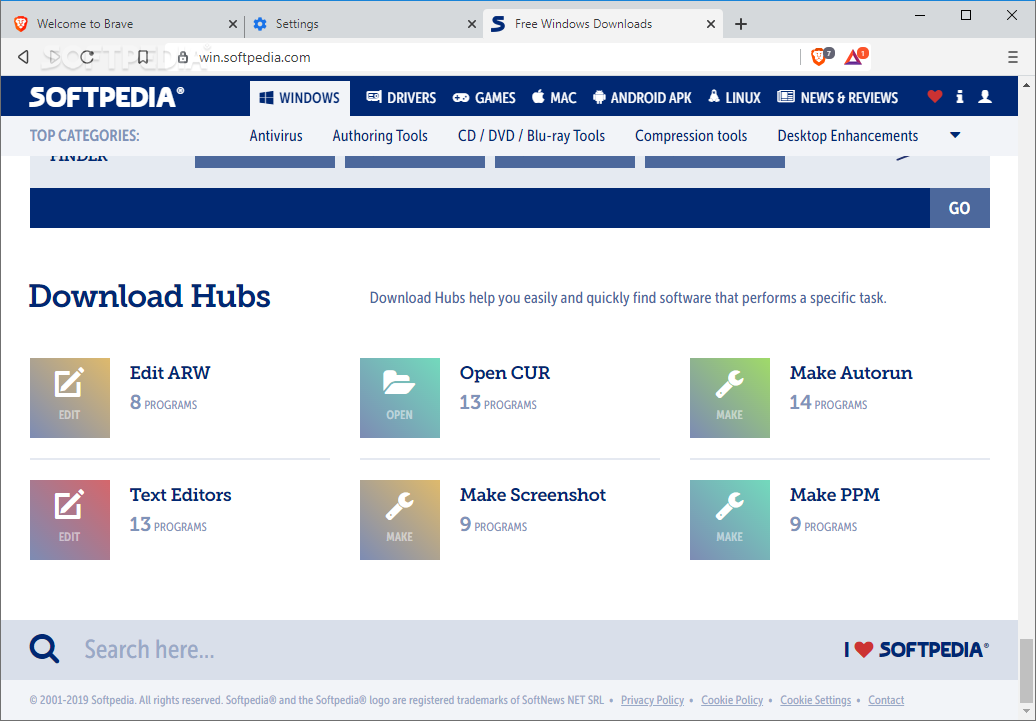

You can change these settings by clicking “Ad Choices / Do not sell my info” in the footer at any time.

Please note that you will still see advertising, but it will not be personalised to you. In fact, you can use Chrome extensions on your Brave browser without any issues. Google Chrome’s browser is also based on the Chromium project, so if you’ve ever used Google Chrome before, you’ll notice that Brave’s interface and functionality is very similar. You can choose not to receive personalised ads by clicking “Reject data collection and continue” below. Brave is a browser that’s built on the open-source Chromium web browser. Read more about how we personalise ads in the BBC and our advertising partners.

When you consent to data collection on AMP pages you are consenting to allow us to display personalised ads that are relevant to you when you are outside of the UK. We use local storage to store your consent preferences on your device. And you can see some of what got blocked. Brave Shields The first layer Brave Shields blocks trackers, cross-site cookie tracking, fingerprinting, and more. Read more about the essential information we store on your device to make our web pages work. By default, Brave has the strongest privacy protections of any popular web browser. To make our web pages work, we store some limited information on your device without your consent. The lightweight mobile page you have visited has been built using Google AMP technology. According to its developers, the browser was designed to bypass data harvesting intermediaries that serve advertisements. Currently among the most popular in the world, it has over 20 million monthly users. You may be asked to set these preferences again when you visit non-AMP BBC pages. The Brave browser is currently in vogue among privacy-loving anoraks because of its widely acclaimed data handling features.


 0 kommentar(er)
0 kommentar(er)
